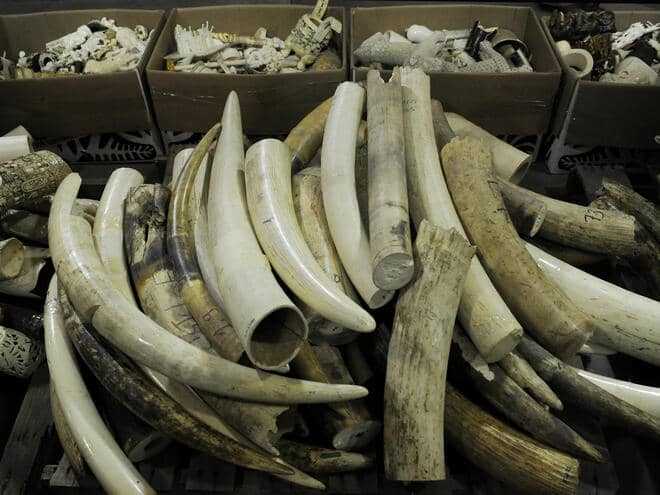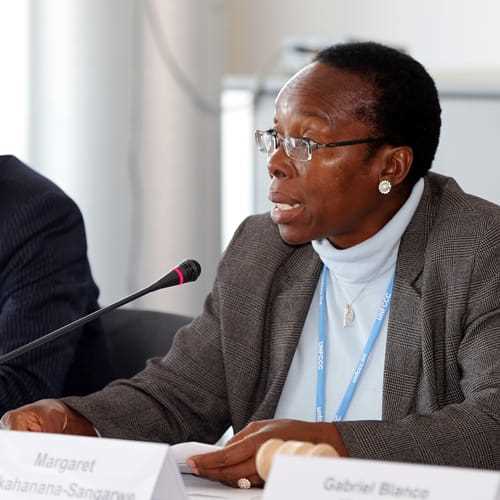
Zim Now Writer
Zimbabwe is once again urging the international community to lift the ban on the ivory trade, arguing that controlled sales of existing stockpiles could provide crucial funding for conservation efforts and help combat poaching.
The renewed call was made during the CITES COP-20 Stakeholder Consultation Meeting held in Bulawayo, where Environment, Climate and Wildlife Minister Evelyn Ndlovu reaffirmed Zimbabwe’s stance on sustainable trade as a conservation strategy.
“We are pro-sustainable trade and generally oppose excessive regulation that stifles trade,” Ndlovu said. “One-size-fits-all policies ignore the unique conservation successes and livelihood needs of individual countries and communities.”
The Convention on International Trade in Endangered Species of Wild Fauna and Flora imposed a global ban on ivory and elephant trade in 1989. Since then, only two one-off ivory sales—in 1999 and 2008—have been permitted, both of which sparked heated debate and controversy.
Related Stories
Zimbabwe maintains that its CITES membership is anchored in the principle of regulated trade that protects endangered species while enabling countries to derive developmental benefits from wildlife resources.
“It is important to note that Zimbabwe’s objective as a CITES member is to sustainably conserve endangered species while also leveraging international trade to support these efforts,” Ndlovu said.
Zimbabwe joins Botswana, Namibia, and Zambia in advocating for a policy shift to allow limited and controlled ivory sales. These Southern African nations argue that revenue from ivory could strengthen conservation programmes and improve livelihoods for communities living alongside wildlife.
However, the proposal continues to face stiff opposition from countries such as the United States, United Kingdom, and members of the European Union, who argue that lifting the ban could rekindle demand for ivory and fuel illegal poaching networks.
In contrast, countries including China and Japan have expressed support for Zimbabwe’s position, signaling a growing divide within the global community over how best to manage and conserve elephant populations.




















Leave Comments